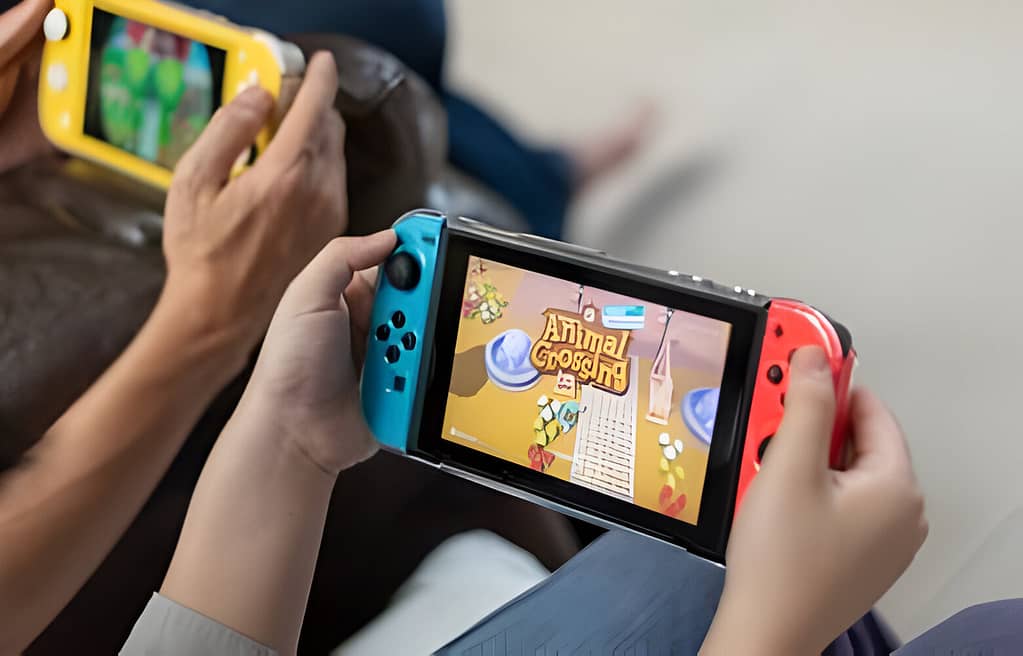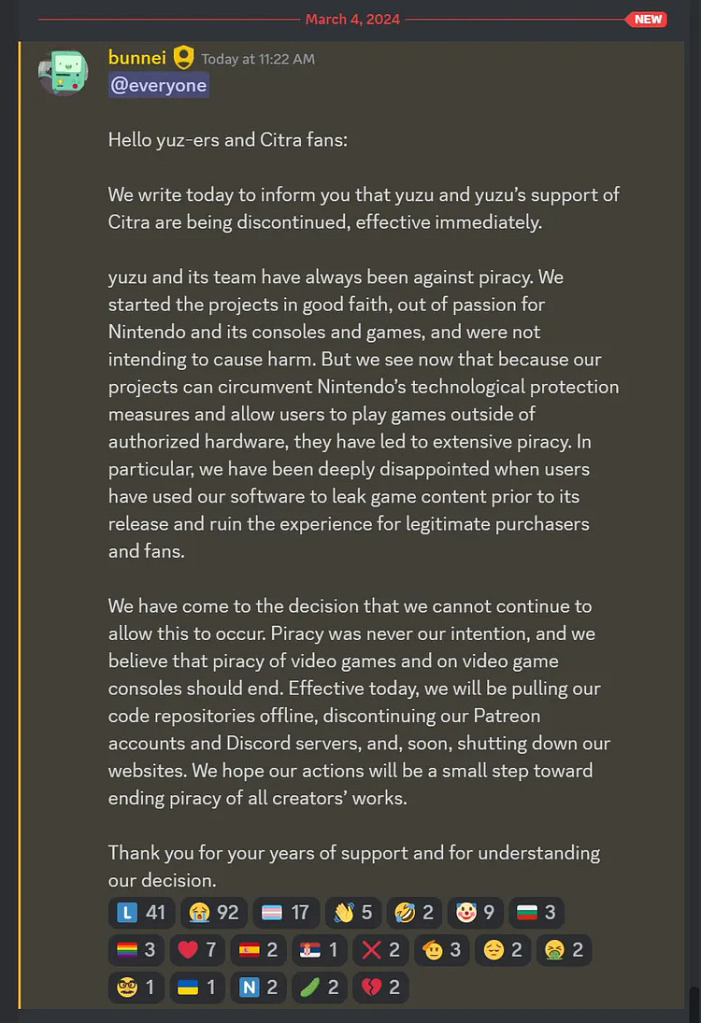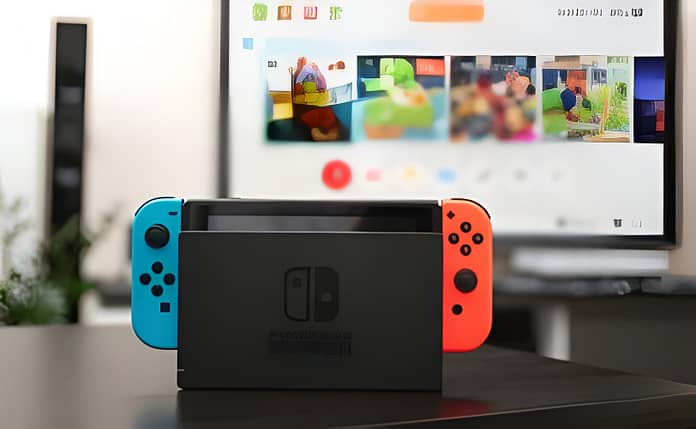- Nintendo wins $2.4 million in lawsuit settlement against Yuzu, a Nintendo Switch emulator accused of enabling piracy.
- Yuzu agrees to pay and cease all operations related to the emulator, including removing its code repositories and shutting down support.
- The settlement acknowledges Yuzu’s circumvention of copyright protection, but its impact on other emulators remains uncertain.
Table of Contents
Nintendo has been successful in its legal battle with the creators of the Yuzu emulator, which was being used as the primary means of playing Switch games on other devices. The $2.4 million settlement between Nintendo and Tropic Haze, the company behind Yuzu, represents a significant win for the gaming giant in its continued battle to safeguard its intellectual property.
Terms of Settlement
The deal is awaiting judicial approval not only carries a heavy financial penalty but also tight limitations on Tropic Haze’s ability to work with Yuzu in the future. Tropic Haze has agreed to stop all Yuzu-related activities as part of the settlement, including the emulator’s online hosting, marketing, and distribution. In addition, the company will give up ownership of the domain name yuzu-emu.org and remove all emulator-related content from websites.

Nintendo’s Allegations
The gaming giant accused Yuzu’s developers of violating copyright and tampering with the safety elements of the Switch in their lawsuit. The Switch game community contended that Yuzu enabled widespread piracy by enabling users to play leaked copies of games like “The Legend of Zelda: Tears of the Kingdom.” Although Yuzu does not offer pirated games, Nintendo argued that the emulator made it possible for users to access and play such content, violating the company’s copyrights.
Impact on the Emulator Community
Beyond the immediate people involved, this prison battle has far-reaching consequences that have sparked debates within the emulation community regarding the morality and legality of this kind of technology. Enthusiasts of emulation often regard those systems as necessary software for preserving their gaming collections and accessing older games on modern devices. Nonetheless, Nintendo’s aggressive approach against Yuzu highlights the company’s relentless commitment to safeguarding its intellectual property rights, even in the face of well-known emulation initiatives.

The emulator’s creators apologized for the unexpected consequences of their creation in a statement posted on Yuzu’s Discord channel. Although their original intention was not to encourage piracy, they stated that Yuzu’s capabilities unintentionally made it easier for illegal users to access Nintendo’s games, primarily for large-scale piracy. To reduce further copyright infringement, they ultimately decided to stop providing any support for Yuzu and its sister project, the Nintendo 3DS emulator Citra.
Legal Precedent and Future Implications
Although the agreement establishes a standard for future legal disputes about emulation technology, legal experts advise against interpreting it as a definitive ruling. Settlements, they contend, are frequently negotiated to avoid drawn-out and expensive legal fights and do not set precedents for prison sentences. But the example’s conclusion highlights Nintendo’s determination to combat piracy and protect its intellectual property rights, sending a strong message to both aficionados and builders.
An important turning point has been reached in the ongoing battle against copyright violations and piracy in the video game industry, thanks to Nintendo’s success in the lawsuit against the Yuzu emulator. The agreement not only imposes severe penalties on the builders but also underscores the importance of respecting intellectual property rights in the digital age. It will be intriguing to observe how this legal precedent influences copyright enforcement and emulation in the game industry as it progresses.

